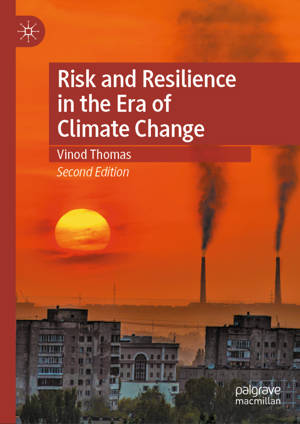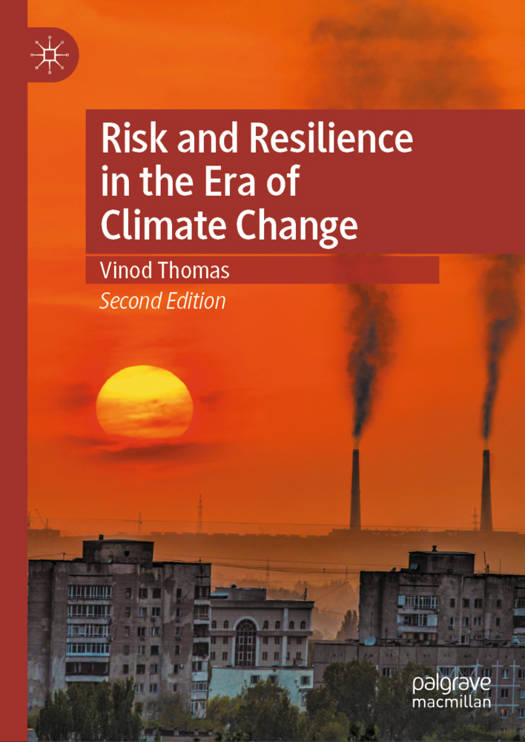
- Retrait gratuit dans votre magasin Club
- 7.000.000 titres dans notre catalogue
- Payer en toute sécurité
- Toujours un magasin près de chez vous
- Retrait gratuit dans votre magasin Club
- 7.000.000 titres dans notre catalogue
- Payer en toute sécurité
- Toujours un magasin près de chez vous
Description
This book presents essential insights on the interaction between rising risks and raising the bar for resilience during the climate crisis. Its timeliness lies in applying important findings on risk and resilience to runaway climate change. When risk and resilience are brought together in the context of climate catastrophes, three key messages emerge.
The first is that accounting for the root causes, and not just their symptoms, is essential to slowing these events. It is therefore vital to link carbon emissions from human activity to the sharp rise in climate disasters globally. The second is that growth economics and policy must factor in the failure of governments and businesses to tackle spillover harm from economic activities, as seen strikingly with global warming AND BIODIVERSITY LOSS. With climate risks rising, this calls for a fundamental revision of the framing of growth in the teaching and practice of business and economics. And third, prevention must become a far bigger part of resilience building, with preparedness to avert or handle tougher eventualities built into interventions. Emphasis on prevention deems disaster recovery as not just returning to how things were but building back better.
Spécifications
Parties prenantes
- Auteur(s) :
- Editeur:
Contenu
- Nombre de pages :
- 227
- Langue:
- Anglais
Caractéristiques
- EAN:
- 9789819727681
- Date de parution :
- 04-09-24
- Format:
- Livre relié
- Format numérique:
- Genaaid
- Dimensions :
- 147 mm x 201 mm
- Poids :
- 521 g







